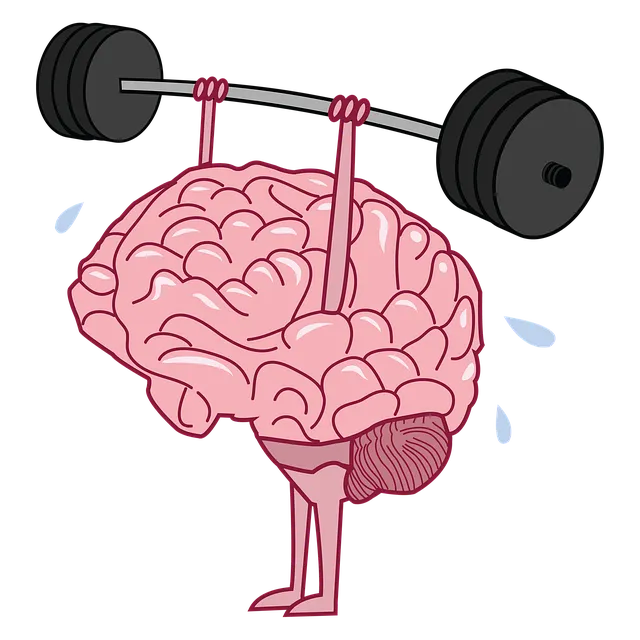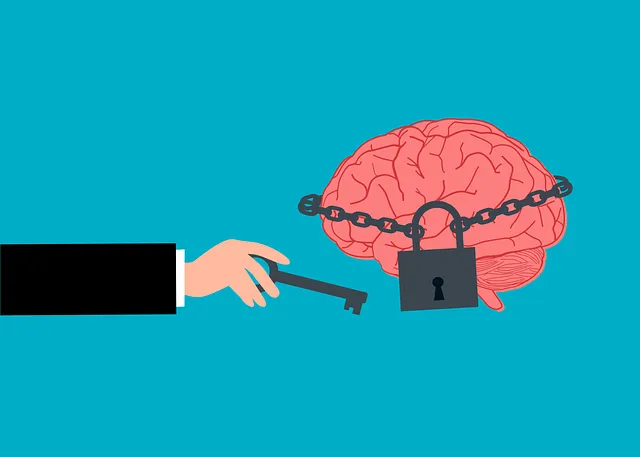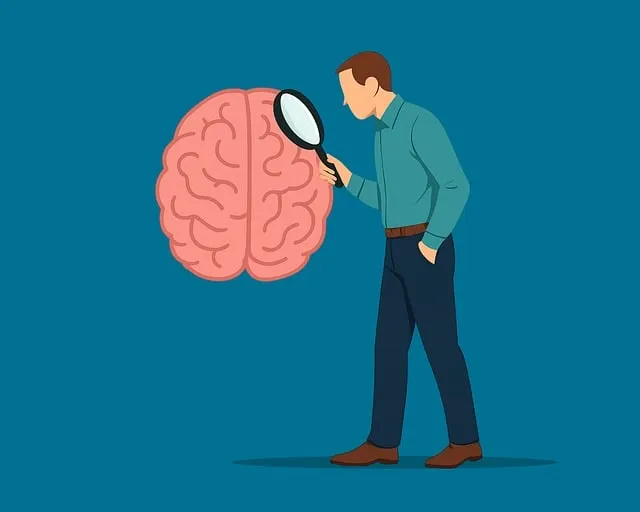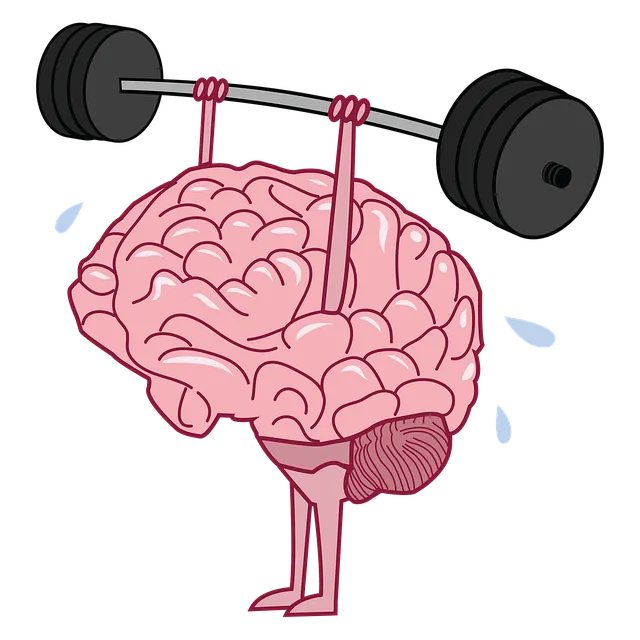Northglenn Kaiser Permanente behavioral health services prioritize cultural sensitivity as a cornerstone of patient care, recognizing its vital role in diverse communities. Through comprehensive training, tailored treatment plans, and open communication, healthcare providers navigate cultural differences, build trust, and empower patients. This holistic approach, exemplified by community outreach and evidence-based practices, enhances care quality, improves outcomes, and fosters an inclusive environment for all clients, addressing the unique needs of Northglenn's diverse population.
In today’s diverse society, cultural sensitivity is paramount in mental healthcare. Understanding the impact of cultural diversity on mental health is the first step towards effective therapy. This article explores strategies for integrating cultural awareness into clinical practice, drawing insights from successful models like Northglenn Kaiser Permanente Behavioral Health Services. We discuss barriers to cultural sensitivity and provide actionable steps to overcome them, ultimately aiming to improve patient outcomes and foster inclusive care.
- Understanding Cultural Diversity and Its Impact on Mental Health
- The Role of Cultural Sensitivity in Effective Therapy
- Northglenn Kaiser Permanente Behavioral Health Services: A Model for Cultural Competence
- Barriers to Cultural Sensitivity in Mental Healthcare and How to Overcome Them
- Strategies for Integrating Cultural Awareness into Clinical Practice
Understanding Cultural Diversity and Its Impact on Mental Health

Cultural diversity is a rich tapestry that enriches communities and offers unique perspectives on mental health experiences. In Northglenn, Kaiser Permanente behavioral health services recognize this diversity as an integral part of providing holistic care. Understanding cultural nuances can significantly impact the effectiveness of treatment plans. Every individual brings their own set of beliefs, values, and traditions that shape how they perceive and express mental distress. For example, a patient’s experience with trauma might differ across cultures, influencing their comfort levels during therapy or preferred coping mechanisms.
By incorporating the Mental Wellness Journaling Exercise Guidance, healthcare providers can foster open communication and create a safe space for patients to explore their cultural identities. Additionally, Healthcare Provider Cultural Competency Training equips professionals with the skills to navigate these differences, ensuring every patient receives respectful and sensitive care. Encouraging self-care practices tailored to individual cultural backgrounds, such as developing a Self-Care Routine Development for Better Mental Health, can further strengthen the healing process.
The Role of Cultural Sensitivity in Effective Therapy

Cultural sensitivity is a cornerstone for effective therapy, especially within diverse communities like Northglenn Kaiser Permanente behavioral health services. It involves understanding and appreciating the unique cultural backgrounds, values, and beliefs of clients, which in turn shapes their experiences, behaviors, and expressions of distress or illness. By embracing cultural sensitivity, therapists can create safe, inclusive spaces that foster open communication and build trust. This, in essence, is crucial for establishing strong therapeutic alliances, a key factor in successful treatment outcomes.
Incorporating cultural sensitivity goes beyond mere knowledge; it requires therapists to be mindful of their own biases and assumptions while actively listening to and validating clients’ experiences. Such an approach not only enhances the quality of care but also empowers individuals from diverse backgrounds to receive services that resonate with their unique needs, thereby promoting emotional regulation and building resilience. This is particularly relevant in public awareness campaigns development, where sensitive representation can foster a sense of belonging and encourage help-seeking behaviors across cultures.
Northglenn Kaiser Permanente Behavioral Health Services: A Model for Cultural Competence

Northglenn Kaiser Permanente Behavioral Health Services stands as a remarkable model for cultural competence within mental healthcare. This innovative program has successfully integrated various strategies to address the unique needs of a diverse patient population, ensuring that care is tailored to individual cultural backgrounds. By prioritizing cultural sensitivity, they’ve created an inclusive environment where patients feel understood and supported.
The service’s approach involves active participation in community outreach programs, allowing them to engage directly with different cultural groups. They implement empathy-building strategies, fostering strong connections between healthcare providers and diverse communities. Additionally, conflict resolution techniques are adeptly utilized to navigate sensitive issues, ensuring effective communication and positive patient experiences. This holistic model demonstrates a commitment to transforming mental healthcare, making it accessible and culturally responsive for all.
Barriers to Cultural Sensitivity in Mental Healthcare and How to Overcome Them

In navigating the complex landscape of mental healthcare, especially within institutions like Northglenn Kaiser Permanente behavioral health services, cultural sensitivity presents a significant challenge. Barriers to providing culturally competent care include limited cross-cultural training for professionals, unconscious biases that affect diagnosis and treatment, and a lack of diversity in mental healthcare providers. These obstacles can lead to miscommunication, mistrust, and inadequate care for patients from diverse backgrounds.
Overcoming these barriers requires a multifaceted approach. Firstly, comprehensive training programs focused on cultural sensitivity should be integrated into the curriculum for mental health professionals. This includes learning about various cultural beliefs, practices, and expressions of distress. Secondly, healthcare organizations should foster an environment that encourages open dialogue about cultural differences and promotes active listening. Additionally, implementing Risk Management Planning for Mental Health Professionals, which incorporates culturally sensitive practices, can ensure better outcomes in mood management and anxiety relief across diverse patient populations.
Strategies for Integrating Cultural Awareness into Clinical Practice

Integrating cultural awareness into clinical practice is a multifaceted approach that requires continuous learning and adaptation. At Northglenn Kaiser Permanente behavioral health services, professionals are encouraged to educate themselves about diverse cultural backgrounds, traditions, and beliefs. This knowledge enables them to create a safe and inclusive environment for all clients, fostering trust and open communication. One effective strategy involves actively listening to patients’ stories and experiences, allowing them to express themselves in ways that resonate with their cultural identities.
Additionally, incorporating evidence-based practices like Trauma Support Services, Inner Strength Development, and Mindfulness Meditation can greatly benefit individuals from various cultural backgrounds. These practices not only address mental health concerns but also honor cultural traditions by offering adaptive techniques that are respectful and meaningful. By integrating these strategies, Northglenn Kaiser Permanente behavioral health services aims to provide culturally sensitive care, ensuring every client receives personalized support tailored to their unique needs and backgrounds.
Cultural sensitivity is an indispensable aspect of mental healthcare, as it ensures that services are accessible and effective for individuals from diverse backgrounds. By understanding cultural diversity and its impact on mental health, practitioners can create inclusive environments. The case study of Northglenn Kaiser Permanente Behavioral Health Services demonstrates a successful model for cultural competence, highlighting the positive outcomes achieved through sensitive and tailored care. Overcoming barriers to cultural sensitivity is crucial, and implementing strategies such as diverse staff training and community engagement fosters an integrated approach. By adopting these methods, mental healthcare providers can offer more comprehensive care, reflecting the increasing diversity of their patient populations.






